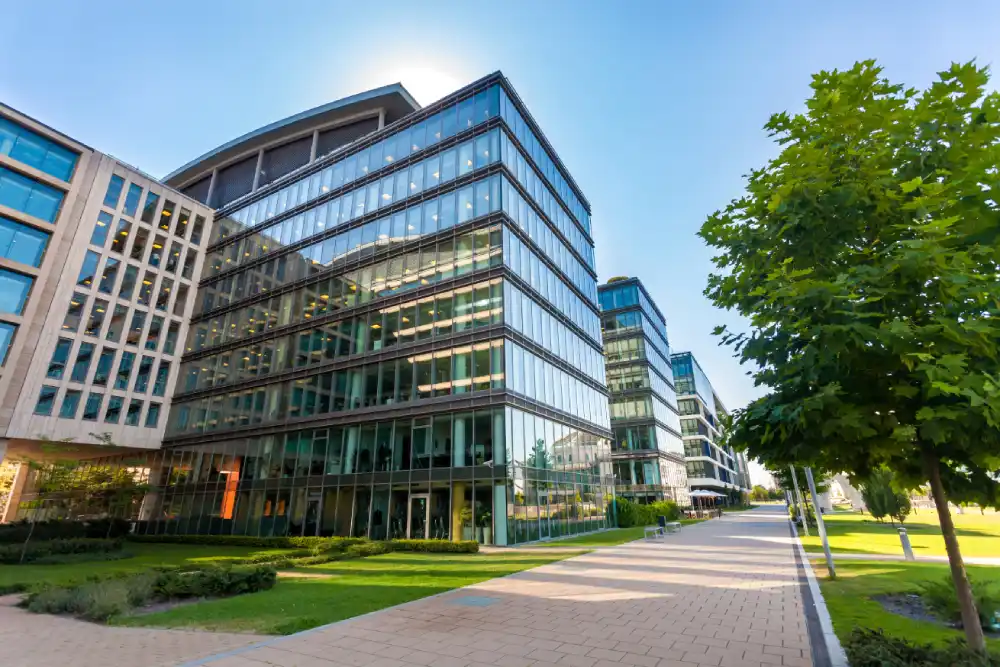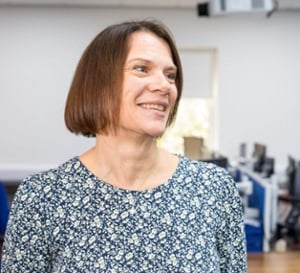
A business can be sold without VAT being charged if certain conditions are met which enable the sale to be treated as the transfer of a going concern (TOGC).
What are the benefits of treating a transfer as a TOGC?
Where the transfer includes the transfer of property, this benefits the purchaser by reducing the amount of Stamp Duty Land Tax payable but even if there is no transfer of property there are still cash flow benefits and the potential to avoid problems recovering VAT from HMRC.
Which transfers can be treated as a TOGC?
To be treated as a TOGC the purchaser must intend to use the assets being purchased for the same kind of business as the seller has been operating. This does not need to be identical to the seller’s business, but the buyer must be in possession of a business rather than simply a set of assets and where only part of a business is sold, the part sold must be capable of operating independently.
There are specific conditions which relate to the transfer of a property business but even if all the additional conditions are met, the transfer will not qualify as a TOGC and be VAT free if what is being transferred does not meet the criteria used by HMRC to distinguish between the transfer of a business and the transfer of assets.
Case Study: Haymarket Media Group
The importance of meeting these criteria is highlighted in the recent VAT case, Haymarket Media Group v HMRC (2022). In brief, Haymarket Media Group Ltd is the representative member of a VAT group which includes Haymarket Group Properties Ltd (HGPL). In 2004, HGPL had purchased land and buildings at Teddington Studios, Middlesex.
Why was the transaction treated as a TOGC?
The site came with the benefit of a tenant, Teddington Studios, and HGPL opted to tax the site and charge VAT on the rent. They were, therefore, able to purchase the site without VAT as the transaction qualified to be treated as a TOGC.
Teddington Studios terminated their lease and exited the site in 2014 and HGPL applied and were granted planning permission to re-develop the site to enable the site to be sold with planning consent. The site was subsequently put on the market with one of the conditions of sale being ‘vacant possession’.
The property was sold in November 2015 and treated as a TOGC with no VAT charged as the purchaser was VAT registered and had opted to tax the site.
HMRC involvement and VAT tribunal
At the time of the sale there were two leases and a licence to occupy land in place. These were all terminated in 2016 without the purchaser receiving any rent from the tenants prior to termination. In February 2016 the purchaser stated to HMRC that the site was vacant, and no rental income had been received.
HMRC issued the Haymarket Group an assessment for £17m after concluding that the sale of the land and property was the supply of an asset and not the supply of a business as a TOGC. The Haymarket Group appealed on the basis that the transfer was of either a property rental business or a property development business. The VAT Tribunal agreed with HMRC and dismissed the appeal.
In reaching a decision the Tribunal looked at the commercial reality and concluded that there was no transfer of a property development business because the purchaser wanted to “start with a clean slate as the developer” and a condition of the purchase prohibited HGPL commencing any development.
VAT tribunal conclusions
Previous cases have established that obtaining planning permission alone is not sufficient to establish a development business. The tribunal concluded that the Haymarket Group had never been in the property development business (its main business activity being in publishing).
The transfer could not be the transfer of a property rental business as the site was sold subject to vacant possession and furthermore the tenants who were in situ on the date of completion originated from the purchaser.
What can we learn from this case?
Although this decision was reached on the specific facts of this case, it highlights the need to distinguish between a transfer of assets which the purchaser will use to carry on a business and the transfer of the business itself in which the assets will be used by the purchaser to carry on the same type of business.
When selling a business, it important to get the VAT treatment correct and we recommend contacting our specialist VAT team before selling a business, especially if the sale includes the transfer of property.

Lynne Gill
My area of expertise is land and property transactions but I have extensive knowledge of both domestic and international VAT and I love complex VAT queries. I have an Honours degree in Business Studies and a VAT legal and technical qualification from the Institute of Indirect Taxation.
View my articlesTags: VAT, Business Taxes
